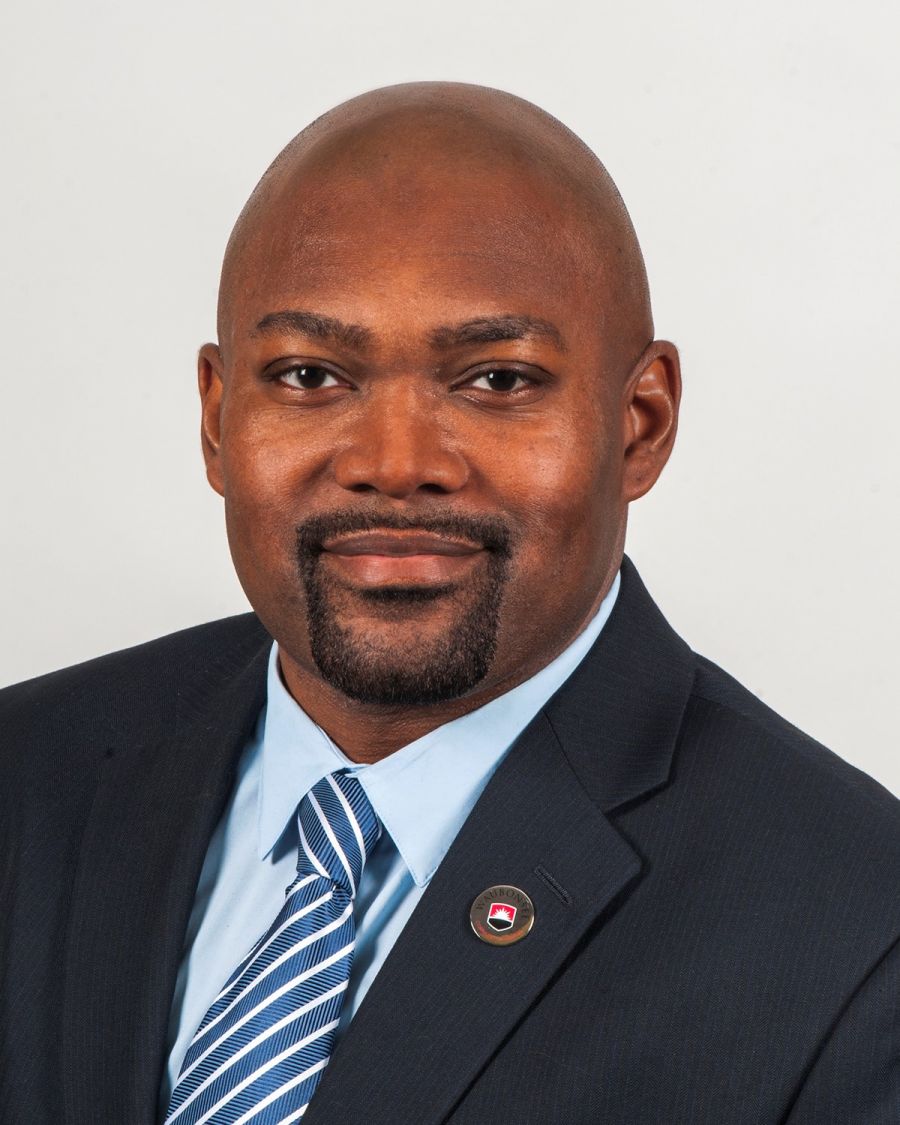


Imagine at 9 years old being denied access to check out a library book because of your skin color. What would you do? Would you leave?
This is the true story of a young man named Ronald E. McNair. He later became known as Dr. Ronald McNair, a physicist, NASA astronaut, and the second African American to fly in space. Dr. McNair was a Black leader who saw beyond the limitations of his era and aimed to touch the stars.
In 2011, that same library was renamed the Dr. Ronald E. McNair Life History Center. And if you're wondering what happened to those books, the undeterred young man refused to leave until he was treated equally. After contacting the police, the librarian relented and gave the books to his mother.
Dr. McNair was determined to succeed from the beginning. He was valedictorian of his high school, graduated with a bachelor’s degree in physics from North Carolina Agricultural and Technical State University magna cum laude, and received a Ph.D. in physics from the Massachusetts Institute of Technology. Dr. McNair said, “Whether or not you reach your goals in life depends entirely on how well you prepare for them and how badly you want them.”
He later became an expert in laser physics at the Hughes Research Laboratory before joining NASA. An accomplished musician, Dr. McNair was the first person to play the saxophone in space. Although a tenor saxophonist, he learned to play the smaller soprano saxophone due to limited space on the shuttle.
In 1984 Dr. McNair delivered the University of South Carolina commencement address and said, “Do not let the world’s adversity stifle your enthusiasm nor blind your vision.” Following his death, the United States Congress created the Ronald E. McNair Post-Baccalaureate Achievement Program to support low-income, first-generation college students and students from groups underrepresented in graduate programs.
The McNair Scholars Program is a federal TRIO program funded at 151 institutions across the U.S. by the Department of Education. The program aims to increase graduate degree awards for students from underrepresented segments of society and has helped scholars like NASA Astronaut Dr. Bernard Harris, the first African American to perform a spacewalk.
I am inspired by the life and legacy of Dr. Ronald E. McNair and it is a privilege to continue his work of empowering traditionally underrepresented students to pursue higher education in my role as the TRIO/Upward Bound Program Manager at Waubonsee Community College.
Waubonsee's TRIO/Upward Bound Program is a college completion program serving students enrolled at East Aurora High School and West Aurora High School. We provide the support and motivation necessary for high school students to graduate and continue to earn a college degree.
Dr. McNair perished when the Space Shuttle Challenger exploded on January 28, 1986, yet like so many inspirational Black men and women leaders in our community, what he fundamentally believed in continues. In my work at Waubonsee, I view myself as a “McNair purpose partner.” The Upward Bound Program provides a chance for young people to receive guidance, mentorship, and support so they can believe in their purpose. In many cases, we even teach our students to develop their own voice and tune the others out. Anything is possible when someone believes in you, even if that person is only you.

